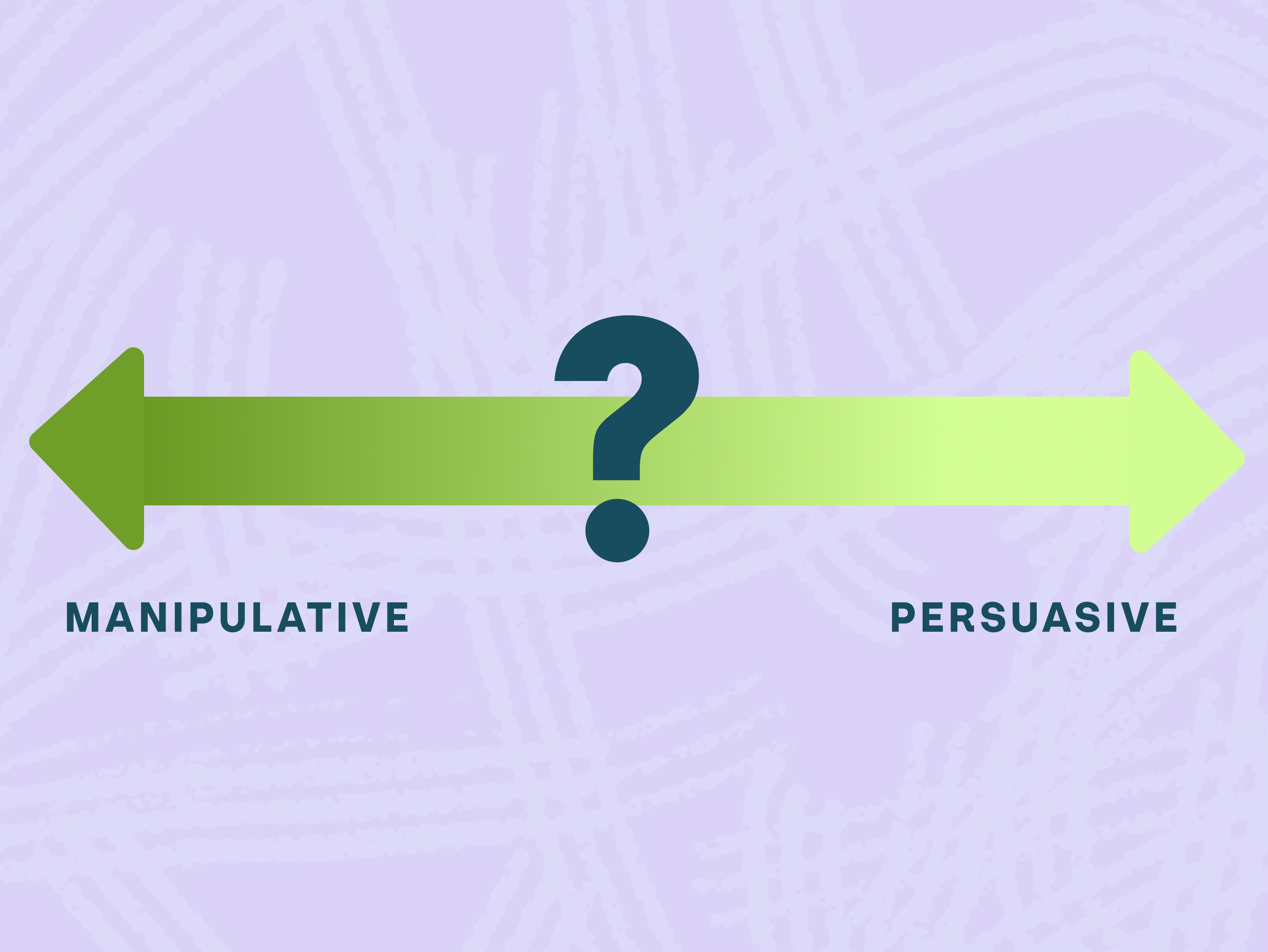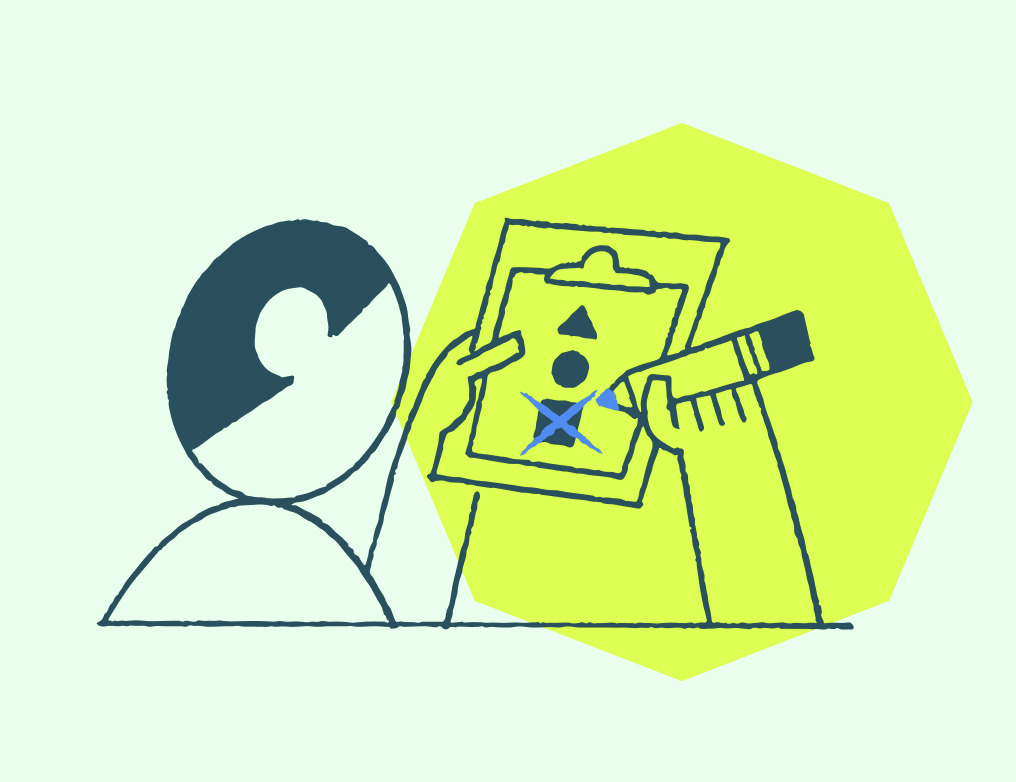UX Bootcamp Hot Takes #1

At ZoCo, we're passionate about UX and have been paving our way in the industry for the past ten years. When we stop and think about it, UX—the way we understand it today—is still relatively young. However, recent years have witnessed a significant surge in the demand for UX and tech-related jobs, leaving many individuals pondering the question: "How can I get into UX?"
The abundance of UX learning resources available is remarkable. A quick Google search and you're flooded with articles, UX bootcamps, and online courses, all catering to the growing interest in UX. Consequently, we've noticed an influx of UX Designer candidates who have completed a UX bootcamp, eagerly inquiring, "What do I need to do to secure a job at ZoCo?" These conversations have sparked some strong feelings about UX bootcamps throughout the studio, prompting us to share a few perspectives.
We're easing into this topic with some lukewarm takes–we'll turn the spice up in the next one. Let's dive in.
1. What really constitutes UX?
The term "UX" can be an ambiguous buzzword for some, carrying different meanings across various organizations. This can make things difficult for both UX Designers and hiring managers. A UX team in a large corporation might have distinct ideas around their responsibilities, expectations, and the boundaries of their role compared to smaller organizations or a studio, like ZoCo.
Take a UX Designer at a large corporation, for example. Their primary focus may be on the architecture of an experience—like building user flows, creating information architectures, wireframes, and personas. In such cases, the UX Designer often collaborates with a UI Designer, who takes the foundational work and brings it to life in the final product.
However, here at ZoCo, we take a different approach. We believe that to be an effective UX Designer, candidates must excel in both UX architecture and visual design. We don't compartmentalize roles into separate silos. While some organizations embrace this division, we value a holistic skill set that combines all aspects of UX.
All organizations are different, and not all UX Designer jobs are created equally.
2. Bootcamps are a checkpoint, not the finish line
UX bootcamps undeniably serve a purpose. They offer valuable learning opportunities by teaching fundamental processes and methodologies. However, it's crucial to recognize that they should be seen as a checkpoint on the UX journey, not the finish line.
We often see candidates who have completed a UX bootcamp and proudly showcase their portfolios, highlighting the basics they've learned. These portfolios often feature an array of sticky notes, Miro boards, user flows, personas, and more. While these demonstrate problem-solving abilities and a grasp of fundamental methodologies, we often come across a red flag (and it's not their fault!).
One common problem we notice is a lack of strong visual execution. Aspiring UX designers are sometimes sold the false promise that learning to display "UX thinking" alone will get them a job in the field. However, when it comes to visually applying this thinking in their portfolios, they struggle to effectively execute the solution to the problem.
It's important to understand that visual design is a critical component of being an effective UX Designer. Core tenets like hierarchy, color theory, typography, and gestalt principles are as essential as the foundational skills. Unfortunately, candidates who use bootcamps to (unknowingly) bypass this part of their education are missing out on many of these crucial learnings.
We're not suggesting that you need to attend a design school to become an effective UX Designer, but if you're enrolling in a UX bootcamp, consider complementing it with a Visual Design bootcamp. This combination will equip you with both the UX thinking and design skills needed to bring solutions to life effectively.
This is where we believe some UX bootcamps fall short—they provide training in only one half of the equation for achieving great UX design.
3. A bootcamp portfolio project can be spotted a mile away
We see a lot of portfolios suffering from a common problem: they follow a generic "Bootcamp Project Template". Bootcamps want to set their students up for success, so they help them apply the principles they learned to a set of portfolio-ready projects. In theory, this proves an understanding of UX if the project walks through every stage of the design process, right? Not necessarily.
UX is all about problem-solving, and a portfolio should serve as a compelling narrative of how those problems were solved. There's no one-size-fits-all approach to UX. The processes and methodologies are merely tools in your arsenal. What matters most is the ability to select the right tools and apply them appropriately to solve the specific problem at hand.
Portfolios should demonstrate thought processes and decision-making. To stand out, focus on the story of the problem and demonstrate how you applied the right tools for the job.
While UX Bootcamps certainly offer value, they're not the end-all-be-all. It's essential to recognize their limitations, consider the variety among them, and push your work beyond traditional templates.
We'll be diving into this topic further in the future, so stay tuned. What's your take on UX bootcamps? Let us know on Instagram or Twitter.
Check out our Ultimate Guide to UX Research & Product Design Services
Looking for insights for healthtech product leaders, delivered to your inbox every few weeks? Sign up for our newsletter.
Currently exploring
UX Mastery



.svg)
.svg)
.svg)
.svg)
.svg)
.png)


.svg)

